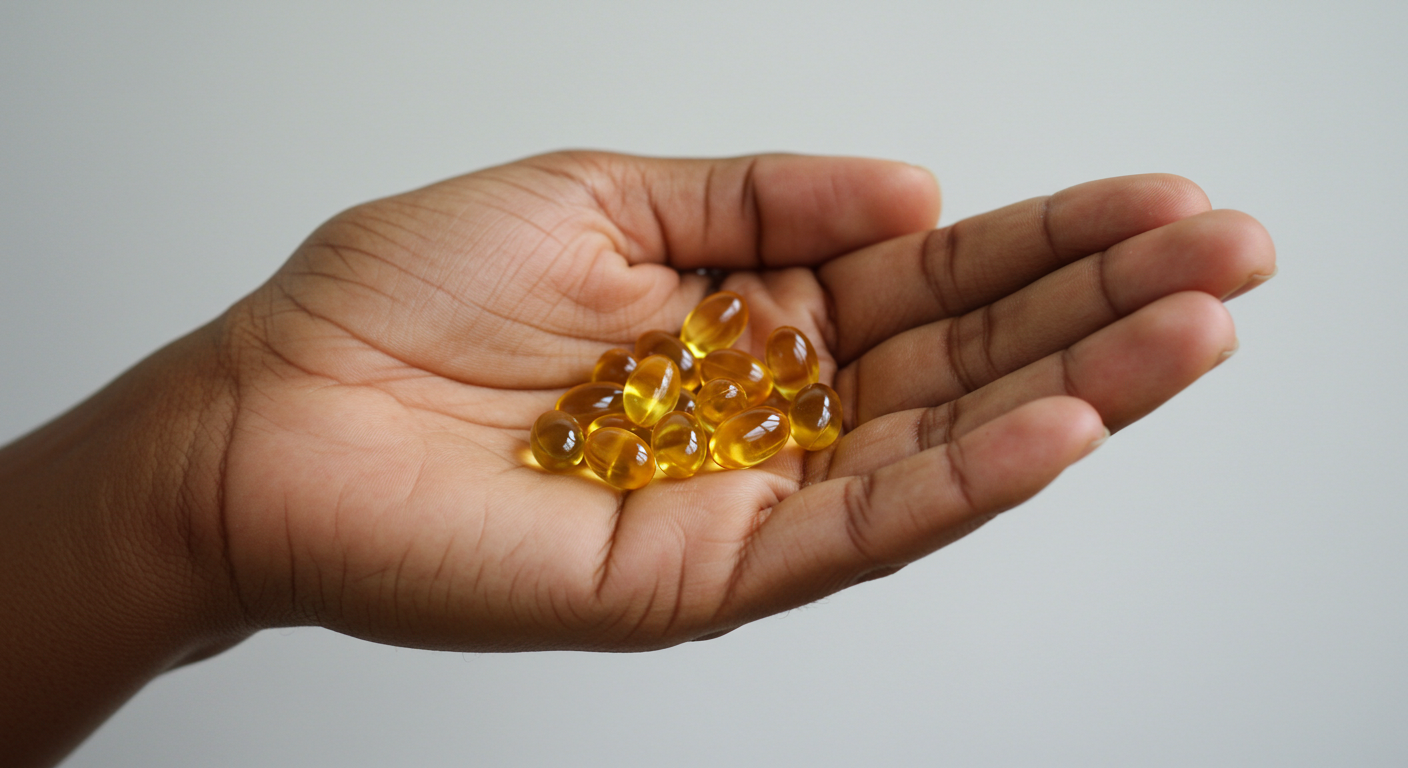Stronger Together: How Vitamins D and K Team Up for Your Bones and Heart
Dr. Kumar’s Take:
This study highlights how vitamins D and K2 are better together than alone. Vitamin D boosts the production of proteins that keep our bones strong and blood vessels clear, but vitamin K2 is needed to activate those proteins. Without enough vitamin K2, extra vitamin D could actually backfire and lead to calcium building up in arteries instead of bones. The takeaway? If you’re taking vitamin D, especially long-term, don’t forget about vitamin K2—through food or supplements.





